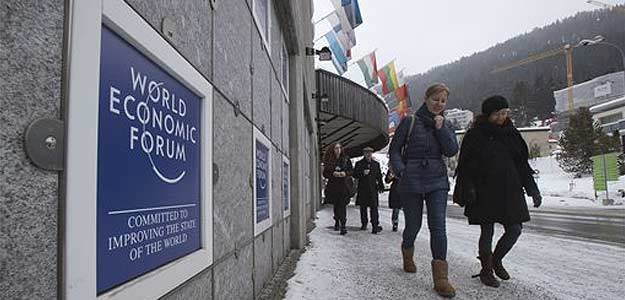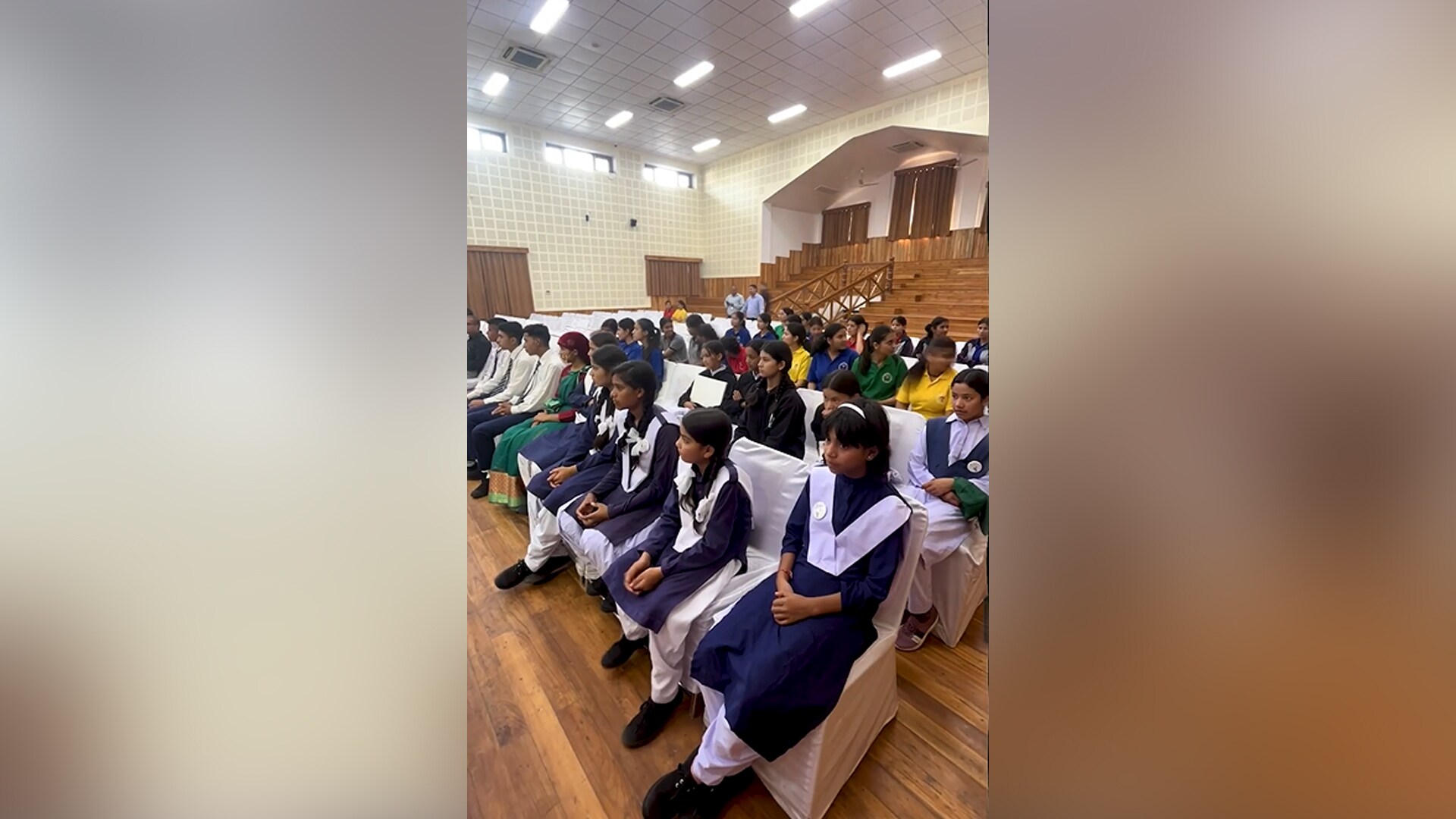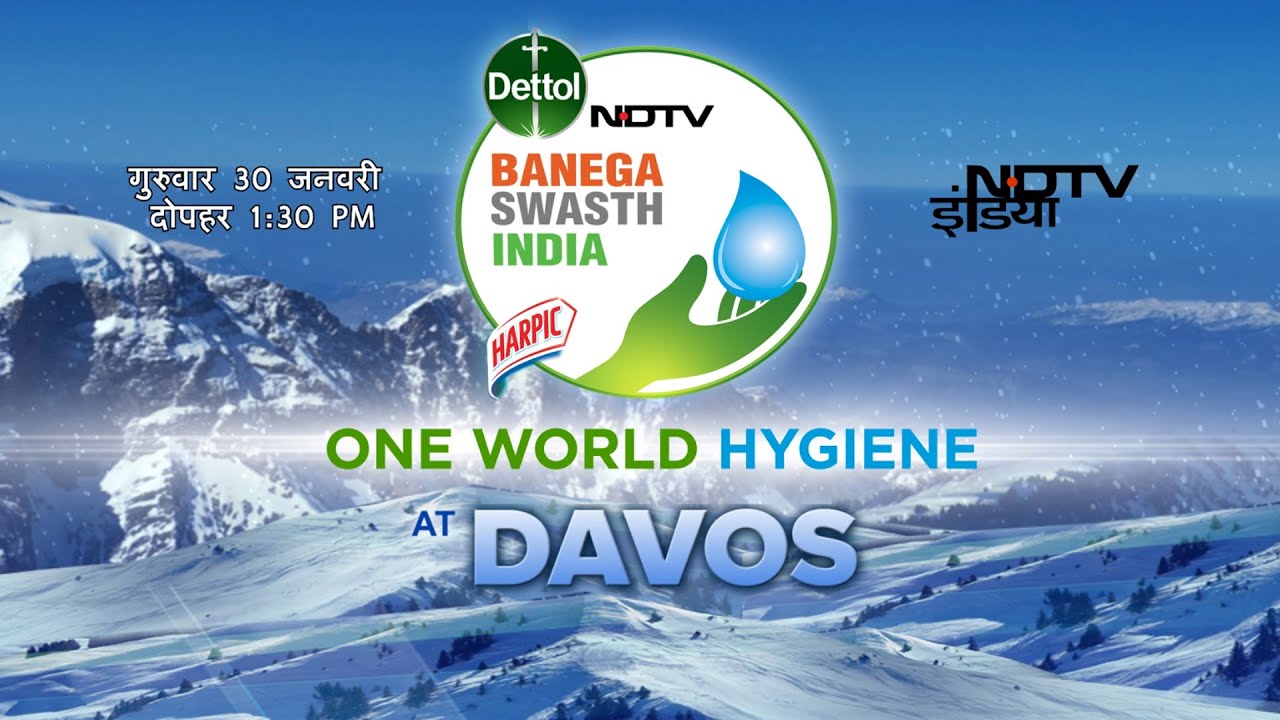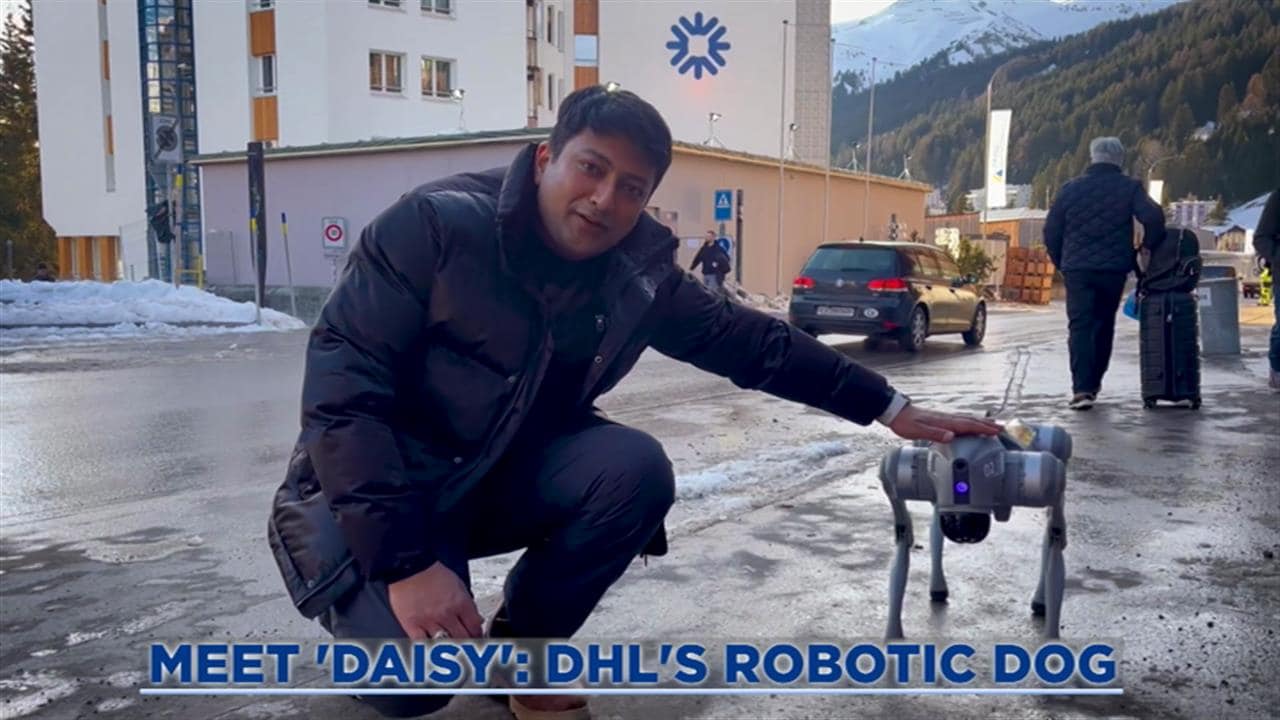

- Home/
- Top Stories/
- Davos deja vu: Moving from cautious pessimism to cautious optimism
Davos deja vu: Moving from cautious pessimism to cautious optimism

NDTV's economic affairs editor Shweta Rajpal Kohli tells you what to expect this year from the annual jamboree of the rich and famous
It's that time of the year, when Davos regulars arrive for their annual pilgrimage to the Swiss ski town for five days of networking and brainstorming. The idea: to find solutions to the problems being faced by the world. For reporters like me who have been covering this high-profile annual meeting of the World Economic Forum for many years, there is a sense of deja vu. After all, it's the same setting, pretty much the same faces and predictably some of the same questions we end up asking: Is Davos losing its relevance? Are there green shoots of recovery? Is the India story over?
And as I sit inside the Congress Centre, the ground zero of this meeting, to plan the coverage for this year with my colleagues, my first thoughts: what will make Davos 2014 different, if at all? Over the years, we at NDTV have managed to showcase this mega event on a large scale: over 50 interviews of the who's who of some of the biggest global names in the world of business and economics, be it George Soros, Bill Gates, Christine Lagarde, or Joseph Stiglitz.
In many ways, the sheer presence of some of these movers and shakers in one place makes it a dream assignment. Add to it the backdrop of stunning snow-capped mountains, some brilliant conversations taking place by top policymakers and business tycoons in hundreds of parallel sessions - and you get an event that is simply hard to ignore.
Ever since the World Economic Forum meeting started in 1971, several organisations have tried to replicate its scale and magnitude, but with little success. So is Davos all about the rich and the famous wining and dining in subzero temperatures? After all, the membership and ticket can set you back by $70,000 - so you can't blame the critics for terming it as an event for the 0.1 per cent of the world.
Delegates say they don't come to Davos expecting any outcome, decisions or deals. But it is a meeting of minds, as Kris Gopalakrishnan, one of the co-chairs and president of CII says.
Davos delegates this year want to talk about inclusive capitalism - ensuring growth is more equitable - an agenda that has come to occupy the huge mind space in the post-crisis world. So will global leaders continue to be crisis mode this year in Davos or will they move on and start discussing recovery? Most admit 2014 is looking much more promising than the last few years. Cautious pessimism is giving way to cautious optimism, but you also have enough red flags - voices warning that global economy is far from being out of the woods. It's clearly too early to start celebrating.
Geopolitical issues will dominate Centre stage at Davos. A huge focus this year is on Iran and Syria, along with a special refugee run - with a simulation exercise where delegates will take a few steps "in the shoes" of refugees.
So is India being talked about in Davos at all? There is a large delegation of over a 125 leaders. Ahead of elections, we're seeing huge government presence here too. Led by Finance Minister P Chidambaram, Davos regulars like Kamal Nath, Jyotiraditya Scindia, Anand Sharma, Montek Singh Ahluwalia will all be present to talk about India and its economic potential. It is the last Davos for UPA2 and the last chance for these suave, smooth-talking Ministers to convince foreign investors that they mean business, this at a time when they've been punished by the voters and criticised by the foreign investors for policy instability.
At the famous Cafe Schneider the government has set up an "India Adda" to showcase India and the India story to the world. There are large hoardings plastered all over Davos talking about India's middle class being the largest consumer market in 2030. The slowdown in the last 2-3 years has meant India isn't the darling of foreign investors anymore. At the same time, Davos delegates say it's a country which will be hard to ignore, despite all the policy hiccups and corruption scandals.
India's image has seen wild swings. From irrational exuberance to extreme pessimism, there is now a sense of realism about India. For now, foreign investors are watching the political developments quite closely. The rise of the Aam Aadmi party and the huge teething troubles it is facing in governing Delhi has made global headlines. What foreign investors want is stability - never mind which party comes to power.
So expect a lot of hard selling and damage control at Davos. Never mind if it's too little and too late.
Disclaimer: The opinions expressed within this blog are the personal opinions of the author. NDTV is not responsible for the accuracy, completeness, suitability, or validity of any information on this article. All information is provided on an as-is basis. The information, facts or opinions appearing in the article do not reflect the views of NDTV and NDTV does not assume any responsibility or liability for the same.












